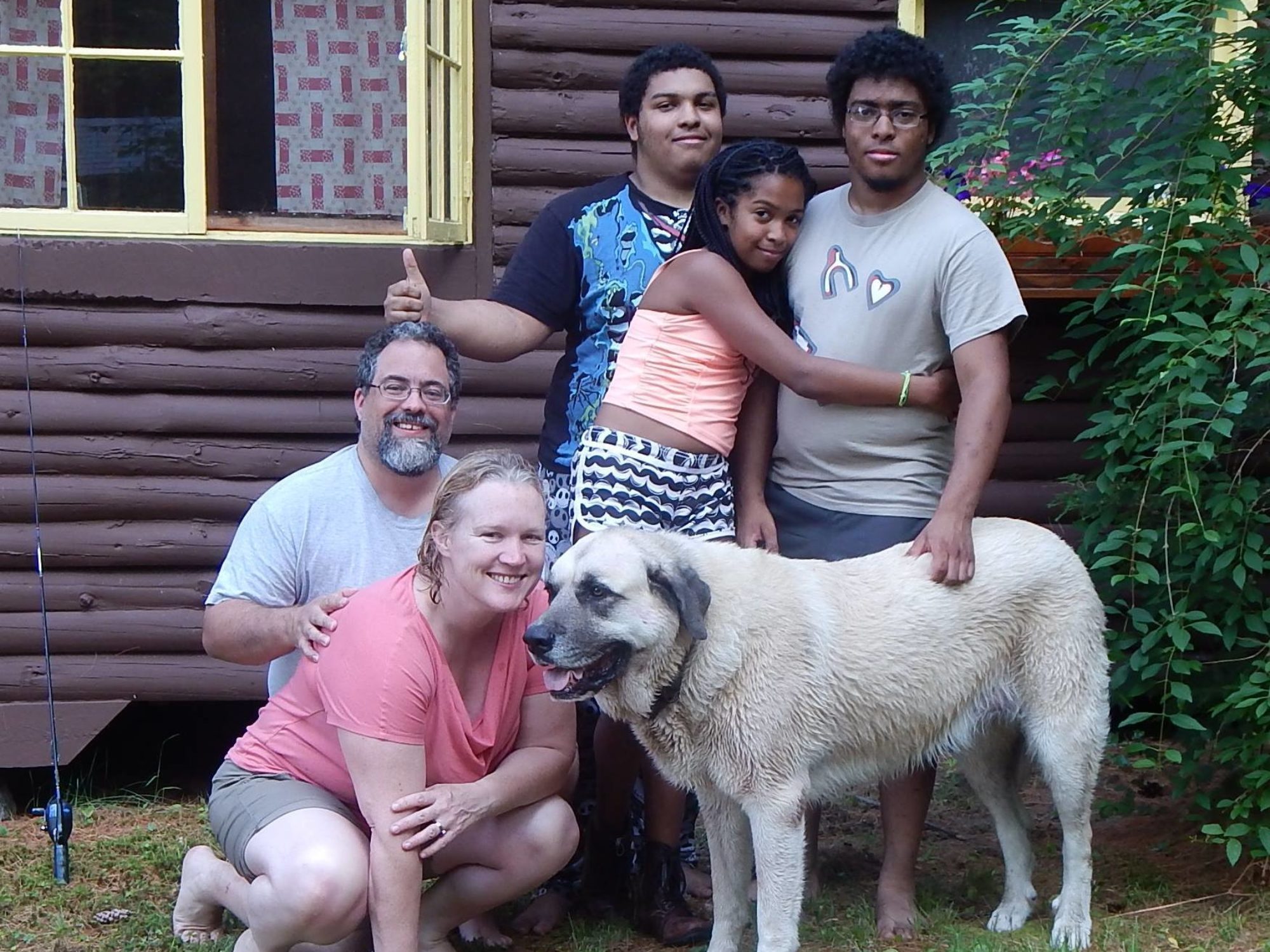While I am working on posts about “The Weaker Vessel,” and “Verbal/Emotional Abuse” (and looking into how a ‘bot hacked my BLOG files to include hidden Spam links), here’s a bit to get you thinking:
Clay Shirky published a lightly edited transcript of his speech at a recent Web 2.0 conference, entitled, “Gin, Television, and Social Surplus.”
You will definitely want to read the whole post, but here are a few noteworthy excerpts:
Starting with the Second World War a whole series of things happened–rising GDP per capita, rising educational attainment, rising life expectancy and, critically, a rising number of people who were working five-day work weeks. For the first time, society forced onto an enormous number of its citizens the requirement to manage something they had never had to manage before–free time.
And what did we do with that free time? Well, mostly we spent it watching TV.
How much television do we watch?
[H]ow big is that surplus? So if you take Wikipedia as a kind of unit, all of Wikipedia, the whole project–every page, every edit, every talk page, every line of code, in every language that Wikipedia exists in–that represents something like the cumulation of 100 million hours of human thought. I worked this out with Martin Wattenberg at IBM; it’s a back-of-the-envelope calculation, but it’s the right order of magnitude, about 100 million hours of thought.
And television watching? Two hundred billion hours, in the U.S. alone, every year. Put another way, now that we have a unit, that’s 2,000 Wikipedia projects a year spent watching television. Or put still another way, in the U.S., we spend 100 million hours every weekend, just watching the ads. This is a pretty big surplus. People asking, “Where do they find the time?” when they’re looking at things like Wikipedia don’t understand how tiny that entire project is, as a carve-out of this asset that’s finally being dragged into what Tim calls an architecture of participation.
This reminds me, I was listening to “This American Life,” episode 328, “What I Learned from Television.” In a live broadcast, Ira Glass announces to the audience that average Americans watch 29 hours of television a week. There is a loud, collective gasp from the audience, which is composed of course, of not merely NPR listeners, but NPR listeners who paid to go out and see a live presentation of the radio program. Twenty-nine hours is the average? Suddenly I don’t feel so bad about playing World of WarCraft.
As Shirky writes,
In this same conversation with the TV producer I was talking about World of WarCraft guilds, and as I was talking, I could sort of see what she was thinking: “Losers. Grown men sitting in their basement pretending to be elves.”
At least they’re doing something.
But I digress.
As I write this, our pastor is speaking on “Reflections from the Back of a Bike,” noting how we prefer to ride in a car metaphorically driven by the pastor, instead of providing our own power on a bicycle, comparing the early church’s prayer to “speak the Word of God with boldness” as recorded in Acts 4:29 to our typical prayers of, well, whatever; of how we fail to really act on our belief in an Almighty God and actually serve Him with actions, every hour of our lives. How we need to embrace the mission of Christ and actually do something to reflect what we say we believe.
To be honest, I have heard many such sermons over the years, but this one is different. It’s Scriptural. It isn’t designed to evoke an emotional response. Its success won’t be measured by the number of people who raise their hands or “go forward” to the altar. Its success will, rather, be measured by how we let Christ give us boldness to use our associations and talents and burdens to change others’ lives. It’s real. It’s a reflection of how he actually lives in following Christ.
And the Word of God convicts me, that I ought to be so focused.
P.S.: Shirky makes some fascinating conclusions based on analyses of both current society and the Industrial Revolution, getting into such subjects as cognitive surplus, shared information projects, and participatory media. It’s one of the few must-read pieces I’ve encountered in the past year. He wraps up with a look into this gem (which in this context of excerpts seems disconnected, but in reality is not):
I was having dinner with a group of friends about a month ago, and one of them was talking about sitting with his four-year-old daughter watching a DVD. And in the middle of the movie, apropos nothing, she jumps up off the couch and runs around behind the screen. That seems like a cute moment. Maybe she’s going back there to see if Dora is really back there or whatever. But that wasn’t what she was doing. She started rooting around in the cables. And her dad said, “What you doing?” And she stuck her head out from behind the screen and said, “Looking for the mouse.”
